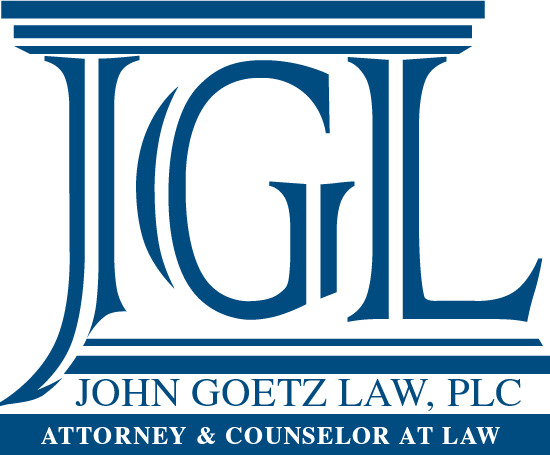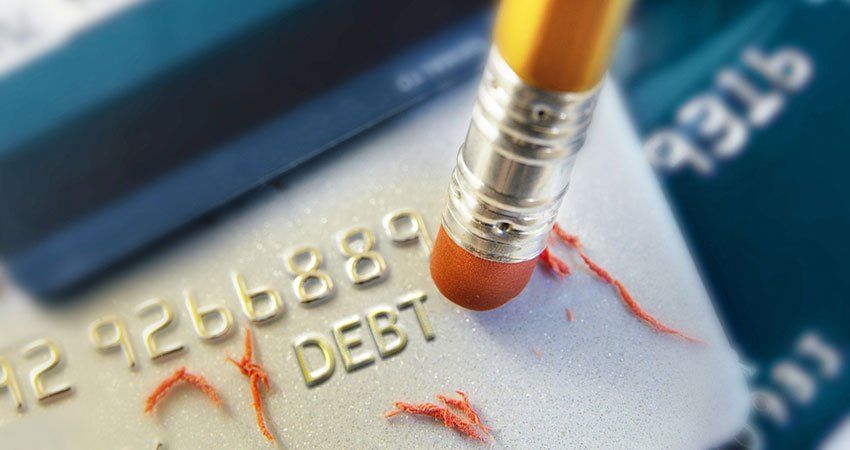Businesses are not eligible for discharge.
If you personally obligated the debts of your business, you may need to consider a personal bankruptcy, even if you do a business bankruptcy. The business debts will remain your personal obligation, unless you receive a personal discharged of those debts.
Did you know that your business’s tax debts (FUTA or FICA) will remain your personal obligation, even if you dissolve your company? Consider personal bankruptcy to deal with these residual obligations.
Unlike in personal bankruptcy, most small businesses are not required to do credit counseling, debtor education, or a Means Test.
PRACTICE AREAS
Small Business Bankruptcy
Chapter 7 and Chapter 11
IF YOU NEED ADVICE, CLICK TO SCHEDULE A FREE CONSULTATION.
Generally, a small business will consider either Chapter 7 or Chapter 11 bankruptcy, depending on what you want to do with your business.
CHAPTER 7
If you are going to go out of business, use Chapter 7 bankruptcy. In Chapter 7 bankruptcy, using the business’s remaining assets, a Chapter 7 trustee sells those assets to pay off it the business debts, to the extent possible and the company is dissolved. By dissolving your business entity, you ensure that you are no longer liable for paying annual fees, filing annual reports, and paying business taxes. Be aware, however, that your business has a legal duty to pay off its debts to the extent possible. If your business owes debts when it is dissolved, and it owns cash or assets, you must pay all creditor claims and repay all loans before distributing any remaining property to the owners.
Chapter 7 is a bankruptcy option for debtors that do not have the means to restructure their obligations and continue in business. In Chapter 7, a trustee is appointed, available assets are sold, and creditors are paid to the extent funds are available. Partnerships, limited liability companies, and corporations are all eligible to file bankruptcy under Chapter 7. Depending on their income, individuals who own and operate small businesses as sole proprietorships also may file bankruptcy under Chapter 7.
CHAPTER 11
If you are going to stay in business, use Chapter 11 bankruptcy. Generally, small businesses shy away from Chapter 11, because it is expensive, risky, time-consuming, and complex. Chapter 11 is the only bankruptcy option, however, for a small business seeking to restructure and continue in operation if it is owned by a partnership, limited liability company, or corporation. Chapter 11 is also the only bankruptcy option for individual business debtors who want to reorganize but owe too much money to meet Chapter 13’s eligibility requirements (currently, $419,275 for unsecured debt, including leases, and $1,2,57,850 for secured debt).
Under Chapter 11, a debtor can restructure its finances through a plan of reorganization approved by the bankruptcy court. By reducing obligations and modifying payment terms, a Chapter 11 plan can help a debtor balance its income and expenses, regain profitability, and continue in operation. Under Chapter 11, a debtor also can sell some or all of its assets so it can downsize its business if necessary or pay down claims that it owes.
To determine what bankruptcy is best for your business, feel free to contact me for a free consultation.





